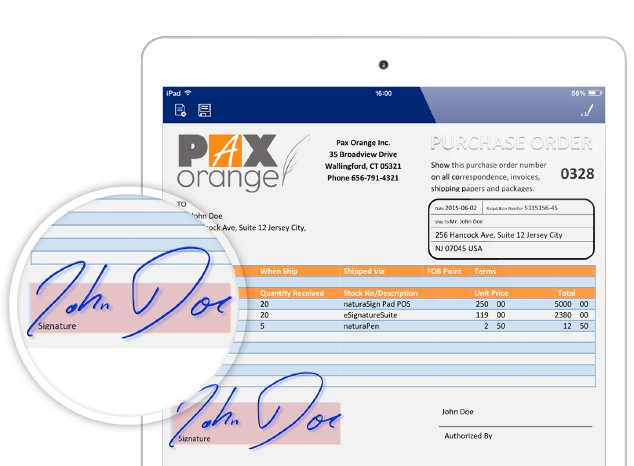The eIDAS Regulation governs the legal side of digital electronic signatures in the EU. The EU Regulation No. 910/2014/EC on electronic identification and trust services (eIDAS Regulation) came into force on July 1, 2016. It ensures standardization of the electronic signature in order to achieve cross-border acceptance throughout the EU. The regulation serves to create a "Digital Single Market" within the European Union. The goal is secure digital electronic transactions.
There are only a few exceptions for documents that may not be signed electronically. These mostly concern the private sphere and are governed by national law. In Germany, for example, these include agreements relating to a family contract, such as marriage contracts or inheritance contracts. Most documents in everyday (business) life can be signed electronically in a legally secure manner.
The advantages of digital signatures are obvious:
- Error-resistant legally secure
- Binding Cost-effective
- Time-saving
- Faster processes
- Secure environmentally friendly
- Location-independent
- Hardware independent (smartphone, tablet, PC or signature pad)
What do you need to get started immediately with electronic signatures in your company? Nothing more than a free account at websignatureoffice.com.
The digital, electronic signature - whether certificate-based and handwritten, whether on a smartphone, tablet, PC, or signature pad - talk to StepOver. We've successfully implemented this many times, in projects large and small.
StepOver also offers customized electronic signature solutions. Many of our customers have already integrated digital signatures into existing processes, making them much more efficient and secure. We are happy to help, just get in touch.


